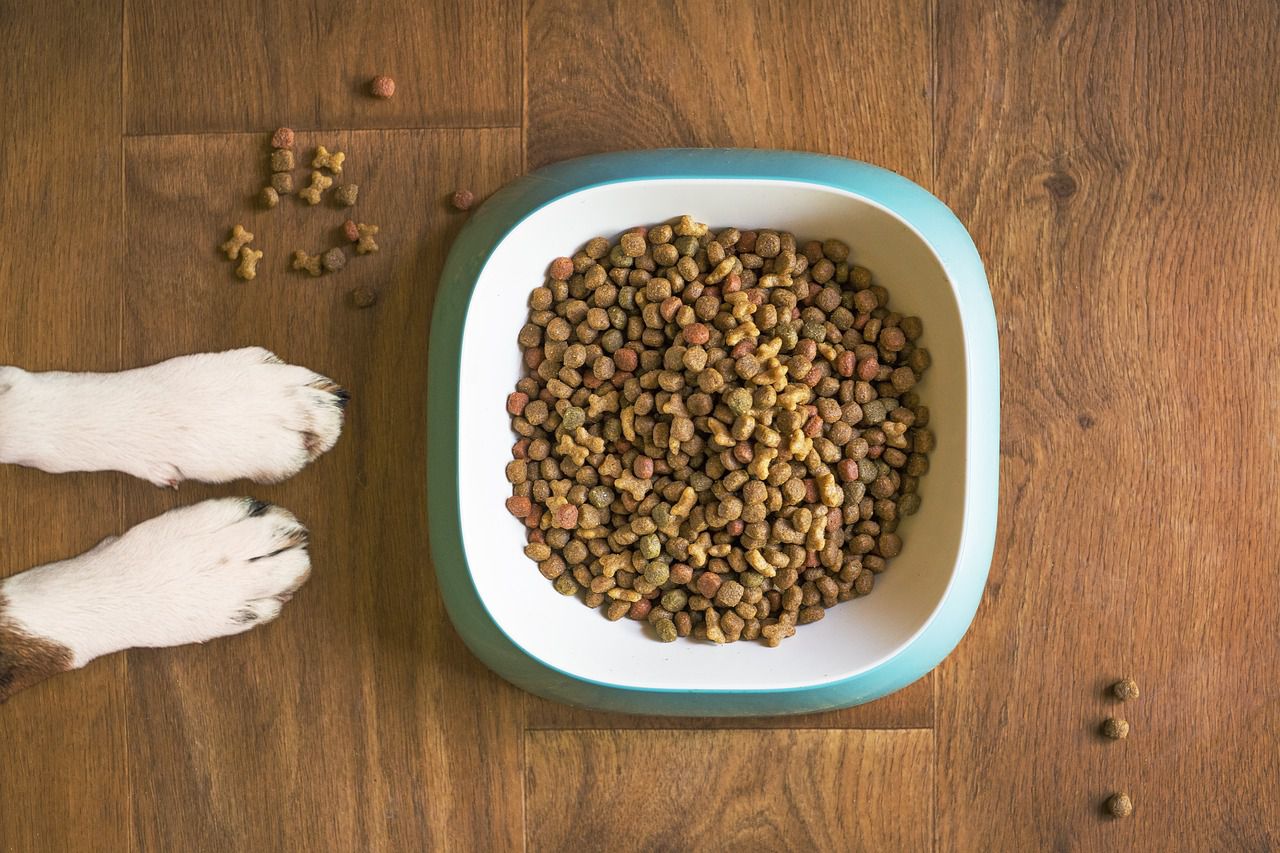How store-bought pet food was created: A brief history
People have always been surrounded by pets they took care of, but lots of modern pet items are pretty new.
For instance, people used to feed their pets with leftovers and food scraps, but now we have lots of store-bought pet food.
Let's find out more about how and when it was created.
Need for Convenient Food
People wanted an easy way to feed their pets.
Before store-bought pet food, they had to prepare meals from scratch, which could be time-consuming.

Research and Development
Scientists and pet experts studied what kinds of foods are good for different types of pets.
They looked at what ingredients are healthy and what pets need in their diets.
Creating Recipes
Based on their research, they developed recipes for pet food.
These recipes include a mix of ingredients like meat, grains, and vitamins to make sure pets get all the nutrition they need.
Testing
These recipes were tested on pets to make sure they liked the taste and that it kept them healthy. They also checked if the food was safe to eat.
Production
Once the recipes were perfected, companies started making pet food in large quantities.
They used machines to mix and cook the ingredients, making sure each batch was consistent.
Packaging
The pet food was then put into bags, cans, or containers. Packaging is designed to keep the food fresh and safe from contamination.
Distribution
The pet food is sent to stores where people can buy it. This allows pet owners to easily pick up food for their pets when they need it.
Variety
Pet food comes in different flavors and types to cater to the specific needs and tastes of different pets, such as dogs, cats, birds, and fish.
Nutritional Information
You can find information on the packaging that tells you what's in the food and how much to feed your pet to keep them healthy.

